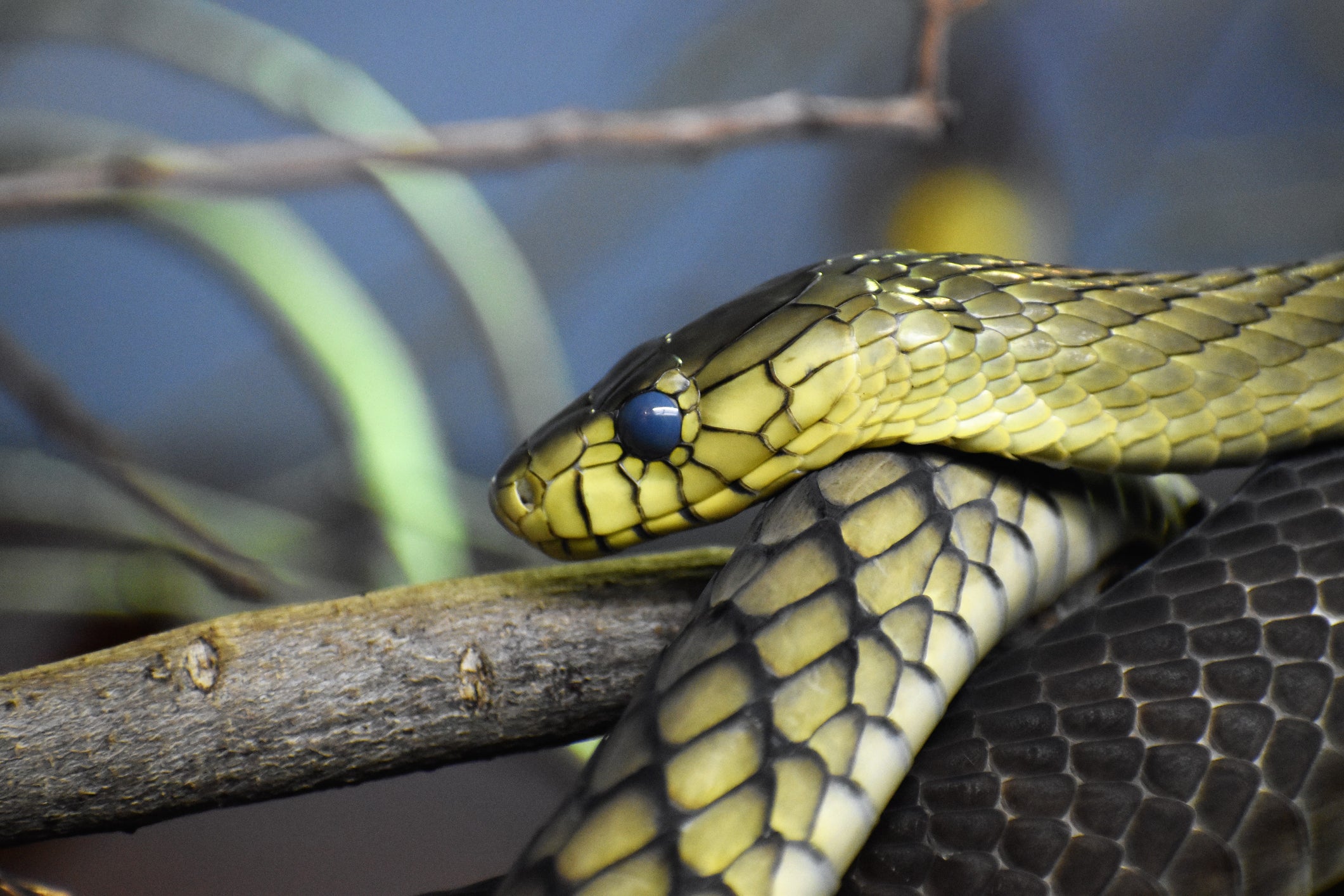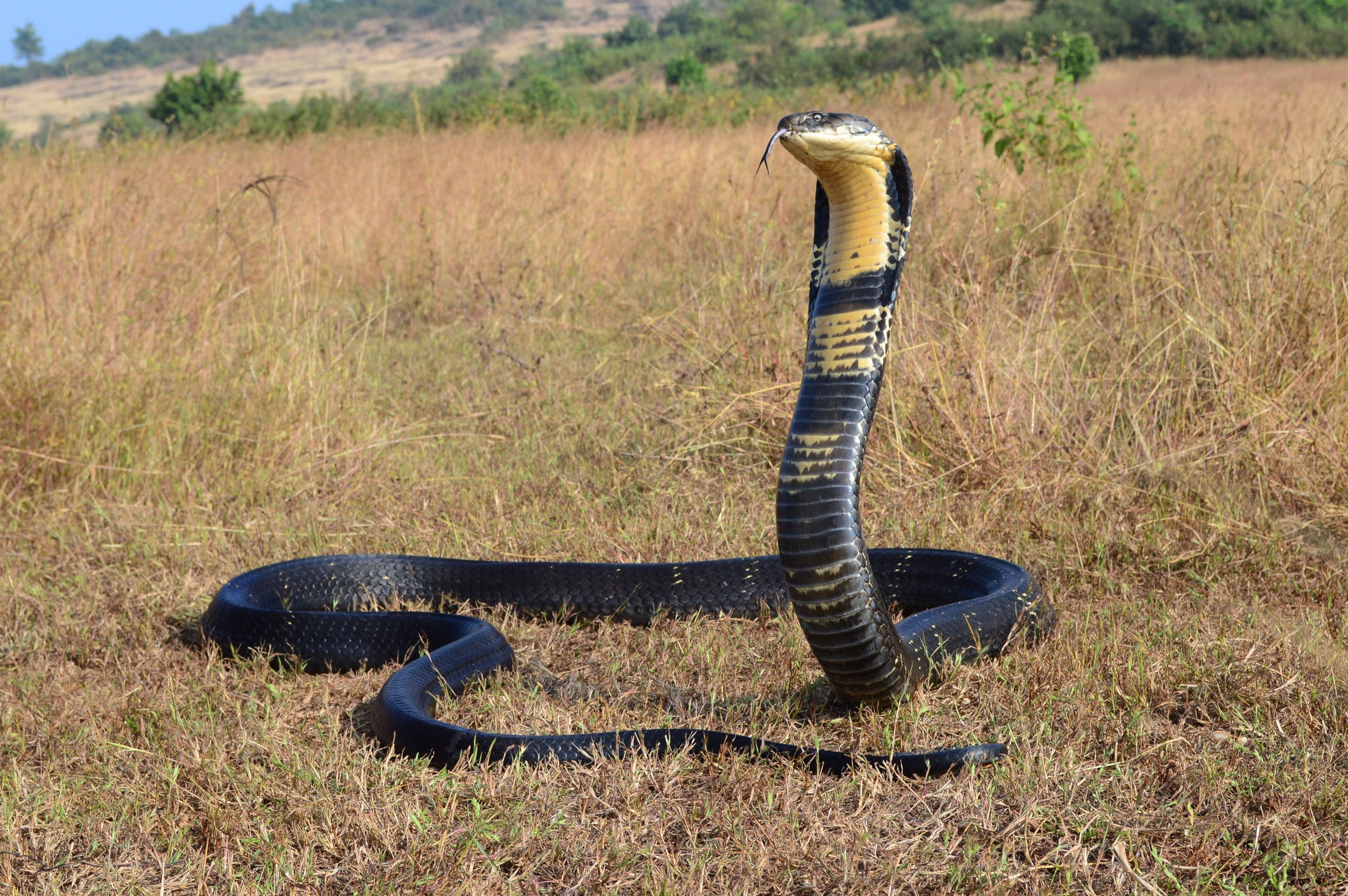Venomous snake attacks rising in the UK, doctors warn
Bites present ‘substantial challenge’ for healthcare professionals as around one in 100 households now have pet snakes

Your support helps us to tell the story
From reproductive rights to climate change to Big Tech, The Independent is on the ground when the story is developing. Whether it's investigating the financials of Elon Musk's pro-Trump PAC or producing our latest documentary, 'The A Word', which shines a light on the American women fighting for reproductive rights, we know how important it is to parse out the facts from the messaging.
At such a critical moment in US history, we need reporters on the ground. Your donation allows us to keep sending journalists to speak to both sides of the story.
The Independent is trusted by Americans across the entire political spectrum. And unlike many other quality news outlets, we choose not to lock Americans out of our reporting and analysis with paywalls. We believe quality journalism should be available to everyone, paid for by those who can afford it.
Your support makes all the difference.Snake bite injuries are becoming more common in the UK due to a rise in people keeping exotic species as pets, doctors have warned.
Around one in 100 households in Britain now own a pet snake, according to estimates.
Snakes cause more injuries and deaths than any other venomous animal, including spiders, scorpions and jellyfish according to a study published in Clinical Toxicology, which said exotic snakebites “present a substantial challenge for UK healthcare professionals”.
In just over a decade, 321 cases involving 68 different species were registered by the National Poisons Information Service (NPIS).
The victims included 72 people under the age of 18, of whom 13 were just five years old or younger.
Snake venom is a white or yellow-coloured liquid produced in glands behind the snake’s eyes and can stop a person’s breathing and heartbeat.
Luke Yeomans, 47, died in June 2011 after being attacked by a king cobra, the world’s longest venomous snake, at his home in Nottingham.
The conservationist, who had been due to open a sanctuary to save snakes from extinction, was given 10 vials of antivenom from the emergency services but sadly died from a cardiac arrest.

Professor David Warrell, of the University of Oxford, said most of the snake bites reported to the NPIS “occur to fingers, hands and wrists” to people who own the reptiles and deliberately handle them.
At least 125,000 people worldwide are killed each year by snake bites. But due to the lack of accurate records kept by countries, this may not reflect the true number.
Prof Warrell and colleagues analysed an audit of enquiries registered by the NPIS between 2009 and 2020 by experts from leading institutions across the UK.
The World Health Organisation (WHO) considers more than 250 species of poisonous snake as medically important - most native to Asia, Africa, Latin America and Oceania.
But the possibility of encountering these dangerous species is no longer limited by geography.
Lead author Pardeep Jagpal, from the NPIS’ Birmingham Unit, said: “The prospect of being bitten by an exotic non-native snake in the UK is still remote, with bites typically occurring in those keeping such snakes as part of their occupation or hobby.
“Rapid access to expert clinical advice and the availability of appropriate anti-venom are important considerations when these accidents occur.”
Advice to NHS healthcare professionals on managing exotic snakebites is available in the UK on a 24-hour basis through the NPIS.
The RSPCA has advised that if anyone finds a snake they believe to be non-native to the UK, keep a safe distance, monitor the snake and call the charity’s helpline on 0300 1234 999 or a local reptile charity.



Join our commenting forum
Join thought-provoking conversations, follow other Independent readers and see their replies
Comments